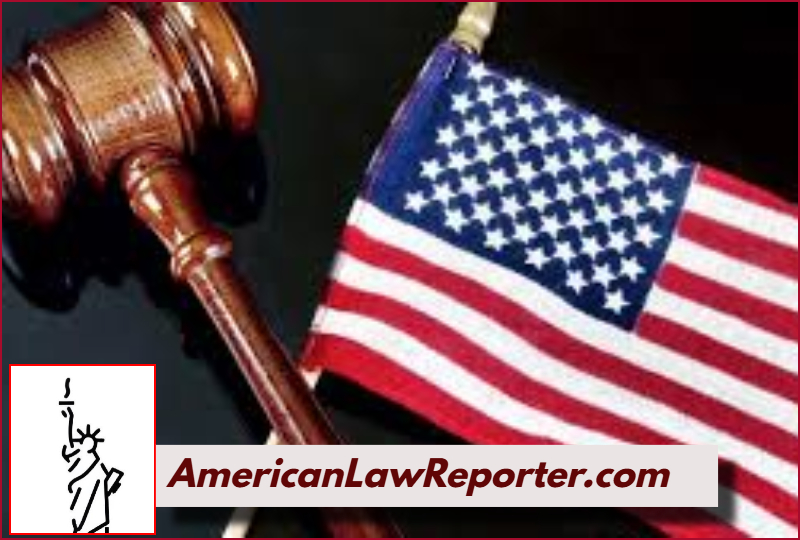In a forceful and highly animated 73-page opinion, U.S. District Judge Richard J. Leon has struck down a recent executive order signed by President Donald Trump targeting the Los Angeles-based law firm WilmerHale, declaring it unconstitutional “in its entirety.”
Judge Leon, a George W. Bush appointee, rebuked Trump’s March 27 executive action titled “Addressing Risks from WilmerHale”, which sought to bar WilmerHale employees from participating in the federal government based on their prior legal representation and affiliations — including the hiring of former special counsel Robert Mueller.
The ruling comes just one week after a similar executive order targeting Jenner & Block LLP was also enjoined in full.
“The cornerstone of the American system of justice is an independent judiciary and an independent bar willing to tackle unpopular cases, however daunting,” Leon wrote, invoking the vision of the Founding Fathers. “Accordingly, they took pains to enshrine in the Constitution certain rights that would serve as the foundation for that independence. Little wonder that in the nearly 250 years since the Constitution was adopted no Executive Order has been issued challenging these fundamental rights!”

Judge Uses 27 Exclamation Points to Emphasize Severity
The ruling marks a sharp constitutional rebuke of the Trump administration’s effort to penalize law firms for political or professional associations, particularly those that worked on matters deemed adversarial to Trump’s political interests. Judge Leon’s unusually passionate opinion contains 27 exclamation points — a visual representation of the gravity with which he viewed the constitutional violations.
“Trump disfavors WilmerHale’s representation of certain causes and the firm’s statements regarding Mueller,” Leon wrote. “The Order suppresses that disfavored speech by imposing severe sanctions on WilmerHale both directly and indirectly. This viewpoint discrimination is an egregious violation of the First Amendment!”
Free Speech and Right to Petition Cited
The judge found the order violated several constitutional protections, including:
- Freedom of speech — for penalizing WilmerHale’s political expression and client advocacy.
- Freedom of association — for mandating disclosures from federal contractors doing business with WilmerHale.
- Right to petition the government — for punishing past and future litigation activity.
WilmerHale’s lawsuit, filed just one day after the executive order, argued that the order infringed on the firm’s First Amendment rights by punishing it for engaging in protected legal advocacy. The court agreed, stating that litigation is a form of protected petitioning, and that the order had a chilling effect on the firm’s future representation capabilities.
The judge was particularly scathing about the administration’s invocation of “national security” to justify restrictions on WilmerHale employees’ access to federal buildings and officials, calling the claim “unsupported” and “conclusory.”
“[T]he Order does not explain how WilmerHale’s conduct has threatened national security or how restricting its access to federal buildings or federal employees would remedy those threats,” Leon wrote. “This is not a legitimate Government interest, and the Order’s unsupported assertion of national security will not save it!”

Broader Implications for Legal Profession
Judge Leon’s opinion also notes the broader implications for the legal profession and the judicial system at large, warning that permitting such executive overreach would erode the adversarial structure of American justice.
“In fact, it is ‘obvious’ that the enforcement of an unconstitutional law is always contrary to the public interest,” the judge concluded. “Enjoining the Order serves the public interest by eliminating an obstacle to free speech and preserving the independent and adversarial nature of our judicial system.”
Though three of WilmerHale’s eleven claims were dismissed on procedural grounds, the remainder — including the most consequential constitutional challenges — prevailed, resulting in a full injunction against enforcement of the order.
As political and legal tensions continue to mount over the role of law firms in politically sensitive litigation, this decision represents a significant check on the executive branch’s power to retaliate against attorneys for their choice of clients or causes.

